Keywords: Russia
There are more than 200 results, only the first 200 are displayed here.
-
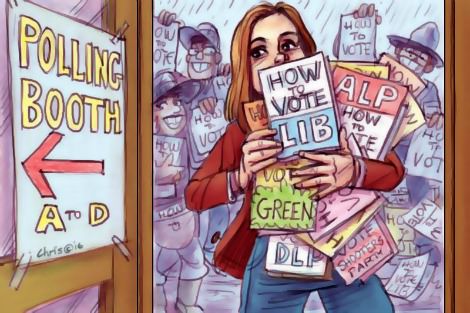
AUSTRALIA
- Neve Mahoney
- 29 June 2016
18 Comments
Honestly, I could talk all day about how growing up with Rudd/Gillard/Rudd followed by Abbott/Turnbull turned a generation away from politics. I could talk even longer about how seeing (mostly) white, (mostly) male politicians is its own form of alienation. But if I'm going to be the possible swing vote, the homogenous 'youth vote', I'm going to make it count. I know that I can't afford to disconnect; if for nothing else, I need to vote for the people who can't.
READ MORE 
-

INTERNATIONAL
- Gillian Bouras
- 06 April 2016
7 Comments
My grandson Nikitas is ten. When his name was chosen I was haunted by memories of Russian leader Khruschev and his long-ago shoe-banging performance at the United Nations. My son and daughter-in-law patiently explained that their son was to be called after Nikitaras, a hero of the Greek War of Independence. Thankfully, young Nikitas does not divide the world into friends and enemies, at least not so far. But he is very competitive; perhaps his name, which means invincible, influences his outlook.
READ MORE 
-
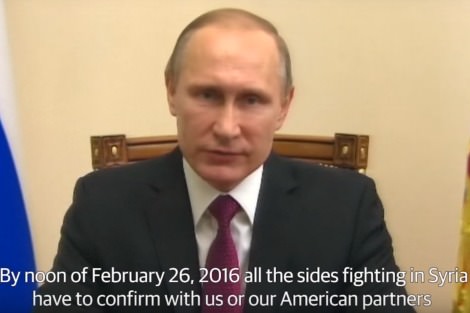
INTERNATIONAL
- Justin Glyn
- 25 February 2016
4 Comments
There is cause for both optimism and scepticism in the news that the US and Russia have agreed a ceasefire in Syria. On the face of it, one of the world's bloodiest civil wars is about to come to an end; an end to be guaranteed by the two biggest, best armed militaries on the planet. This should be excellent news for everybody, not least the long suffering civilian population of one of the most bombed countries on earth. So what could possibly go wrong? Well, quite a lot.
READ MORE 
-

AUSTRALIA
- Andrew Hamilton
- 21 January 2016
7 Comments
In our response to the forced movement of peoples we must recognise that our national identity is not built primarily on uniformity of religion and race but on adherence to the values that are enshrined in our social institutions. We must also recognise the way in which our own prejudices and fears affect the judgments and proposals we make, and exercise a proper scepticism about making quick judgments and drawing universal conclusions from particular events such as those in Cologne.
READ MORE 
-
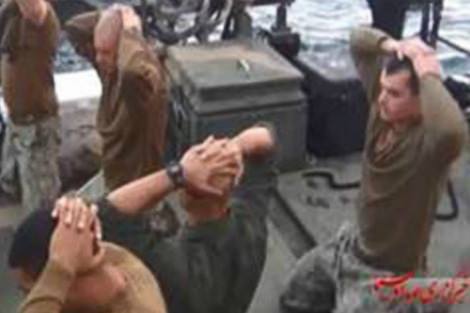
INTERNATIONAL
- Justin Glyn
- 18 January 2016
2 Comments
The US, while backing Saudi Arabia, seems to be increasingly exasperated with how far it has to stick its neck out for its ally. Relationships with Iran, by contrast, have improved recently. The difficulty is that sections within both Iran and Saudi Arabia's governments seem to see a certain short-term interest in tearing the region apart. Australia, which has full diplomatic ties with Iran, a strong trade partnership with Saudi Arabia, and the ear of the US, can play an important diplomatic role.
READ MORE 
-
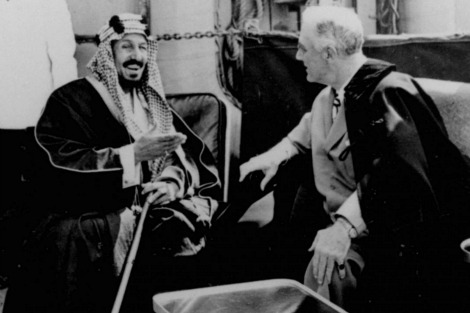
ECONOMICS
- David James
- 15 December 2015
3 Comments
In the early 1990s, America, Europe and Japan accounted for about 90 per cent of world GDP. Now, they account for less than half. The BRICs and other developing nations have grown steadily (in China's case spectacularly) while Europe has stagnated and America has sputtered at best. Recent developments in the geopolitics of fossil fuels and in finance confirm the perception that the rise of China and the developing world spells the end of US global hegemony. Against this backdrop, the narrative of the West has grown increasingly incoherent.
READ MORE 
-
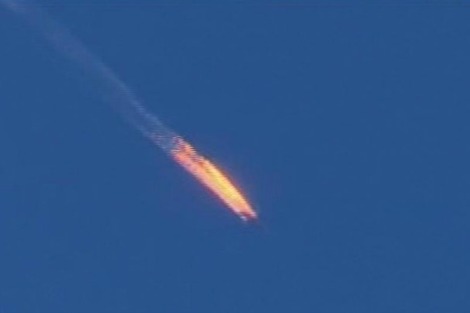
INTERNATIONAL
- Justin Glyn
- 26 November 2015
6 Comments
The downing of a Russian Sukhoi-24 bomber by Turkey reminds us of the risks which attend military intervention. There are, however, a number of additional complicating factors which promise to make the Syrian war even more dangerous and bloody for all sides. The situation could escalate dangerously. If this kind of event is not to become much more common, potentially leading to a much wider war, genuine peace talks with a lot more honesty on each side need to be a priority.
READ MORE 
-
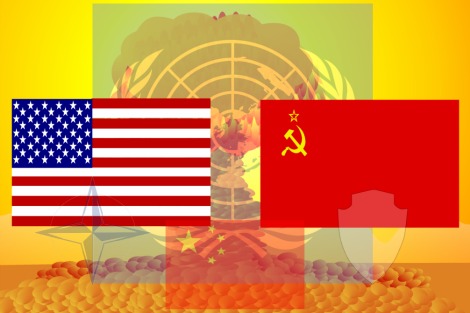
INTERNATIONAL
- Tony Kevin
- 09 November 2015
8 Comments
The US unipolar moment is ending. Real multipolarity is upon us, with Russia, China, India, Brazil, South Africa and Iran testing new multipolar arrangements for sharing world power. The US fears these changes, and would prefer to corral everybody back into the familiar bipolar camps of the past. This would be a disaster. Australia will benefit from a stable rules-based multipolar world, and our foreign policy can help build it. But we are going to have to take a few calculated risks along the way.
READ MORE 
-
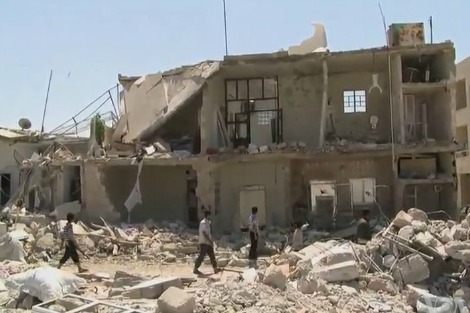
INTERNATIONAL
- Justin Glyn
- 06 October 2015
6 Comments
The Syrian government are no angels, and any more bombing raids on an already heavily bombed and traumatised population is unlikely to improve the situation for civilians. However, the American claim that the Russians have a poor record in this respect smacks of hypocrisy, given the US's admitted destruction last week of a Médecins Sans Frontières hospital in Afghanistan at the cost of 22 lives. Moscow's policy at least has the merits of legality, intelligibility and consistency.
READ MORE 
-

ARTS AND CULTURE
- Brian Matthews
- 18 September 2015
9 Comments
When Josef Stalin died on 5 March 1953, a couple of months into my Matriculation year, my Russophile leanings seemed about to be intensified. Research in those days was a matter of consulting encyclopaedias, or, if possible, going to the Public Library, but in Stalin's case the newspapers were full of reports, history, anecdote, judgement and various degrees of relief, so there was suddenly plenty of information.
READ MORE 
-
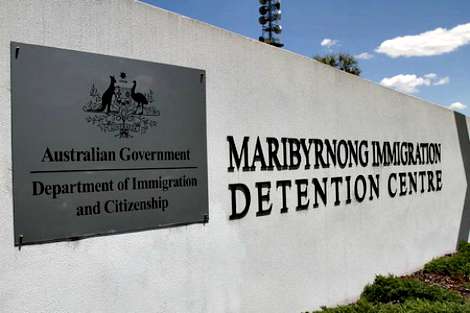
AUSTRALIA
- Andrew Hamilton
- 07 September 2015
9 Comments
Actions taken in the Immigration Detention Centre after the 28 August aborted Border Force operation involved the use of force and intimidation on people who are being detained. Not for their misdeeds or any threat they pose, but for the convenience of the Department. And they disclose what happens when ABF officers are permitted to to use any force they think necessary without proper accountability.
READ MORE 
-
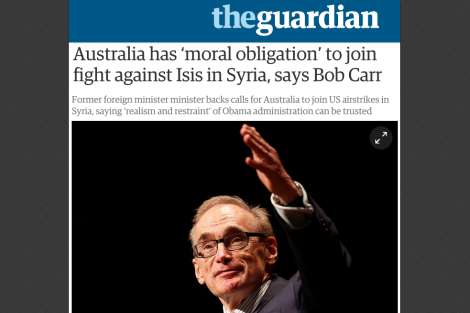
INTERNATIONAL
- Justin Glyn
- 28 August 2015
18 Comments
One would think after the disastrous interventions in Iraq and Libya that Australians would have learned to be just a little bit suspicious when the US Government suggests another Middle East war, or when a politician urges — as Bob Carr and Tony Blair have — that we have a 'moral obligation' to join the legally dubious US bombing mission in Syria.
READ MORE 